In December 2018, NASA’s Mars InSight Lander recorded the sounds of Mars for the first time ever. Musician Andrew Huang made music using the real Mars sounds.
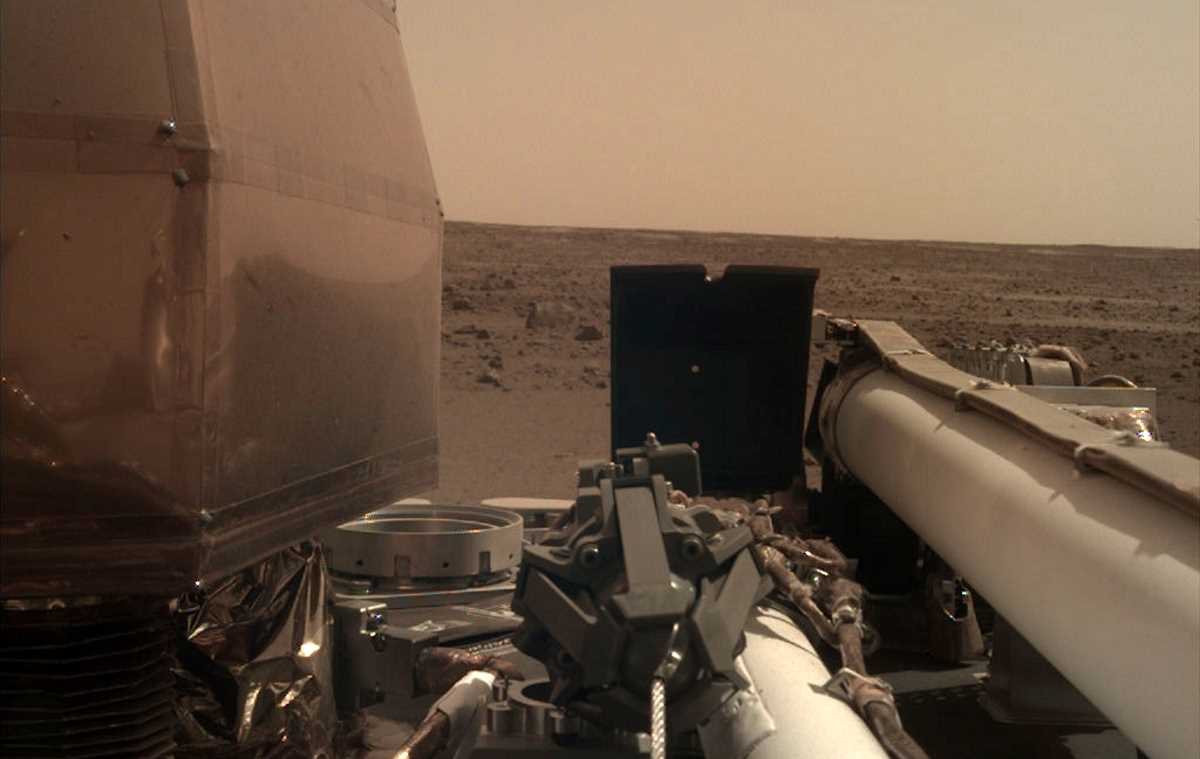

In December 2018, NASA’s Mars InSight Lander recorded the sounds of Mars for the first time ever. Musician Andrew Huang made music using the real Mars sounds.
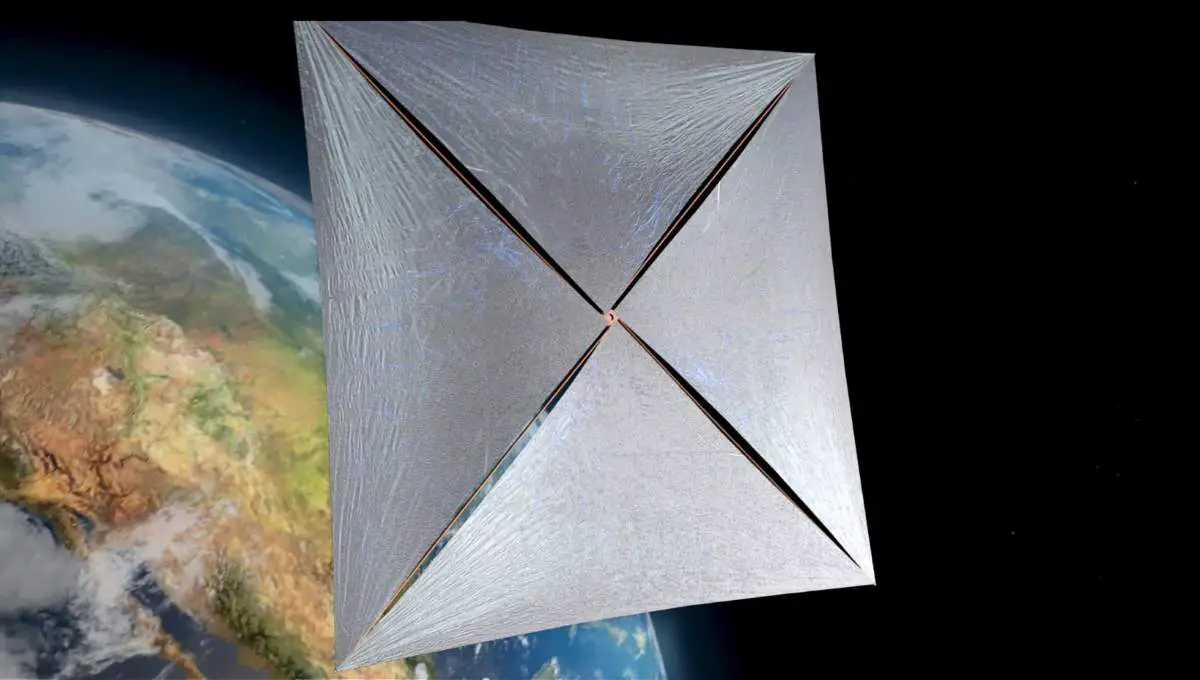
Fifty-five years ago, Yuri Gagarin rocketed into orbit and began to break our bonds to our planet. To mark the occasion, the nonprofit Breakthrough Institute just announced plans to free us from an even more formidable set of bonds and send a fleet of small spacecraft beyond our solar system, off to the stars. News of the “Breakthrough Starshot” plan was met with great enthusiasm, but also with more than a little skepticism.
The distance between stars is vast. Our closest
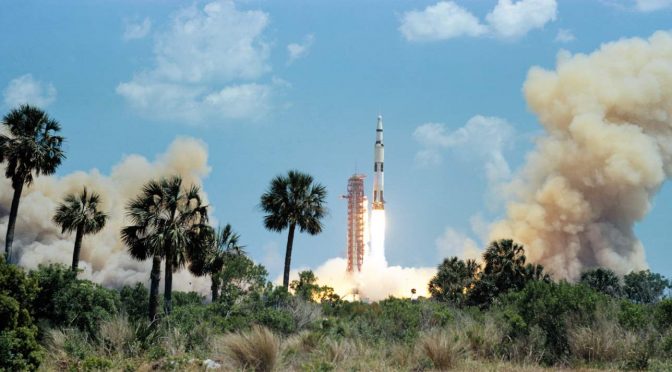
Documentation about the Saturn V, the biggest and most powerful rocket ever built (as of 2021, it still holds both titles). The three-stage liquid-fueled super heavy-lift launch vehicle was used by NASA between 1967 and 1973. Saturn V was developed to support the Apollo program for the Moon landing and was later used to launch Skylab.
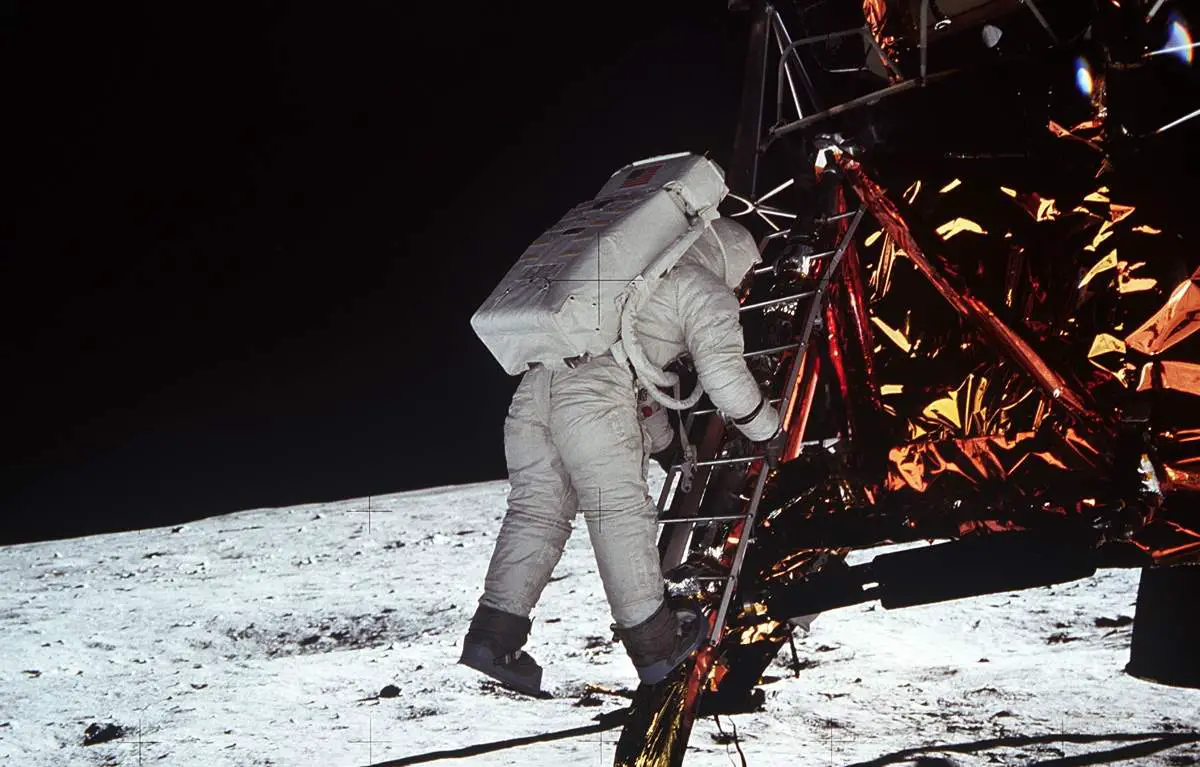
A spokesperson from Nvidia, the American technology company specialized in manufacturing high-performance graphics processing units (GPUs), debunks the conspiracy theories about the moon landing. The tech giant uses the latest technology to digitally recreate some of the iconic photos taken during the moon landings and to debunk conspiracy theories around them.
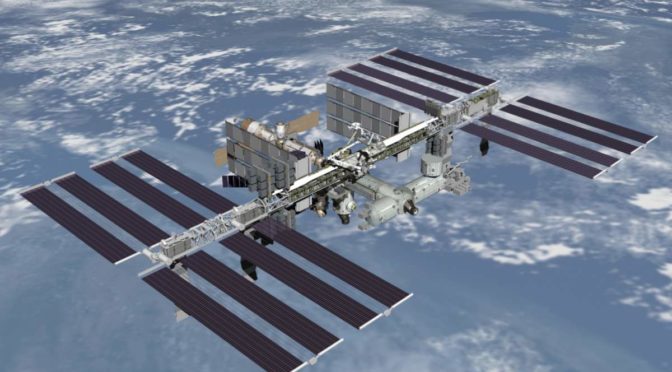
Thanks to the HD interactive videos published by the European Space Agency (ESA), we can see the International Space Station modules 360-degree.
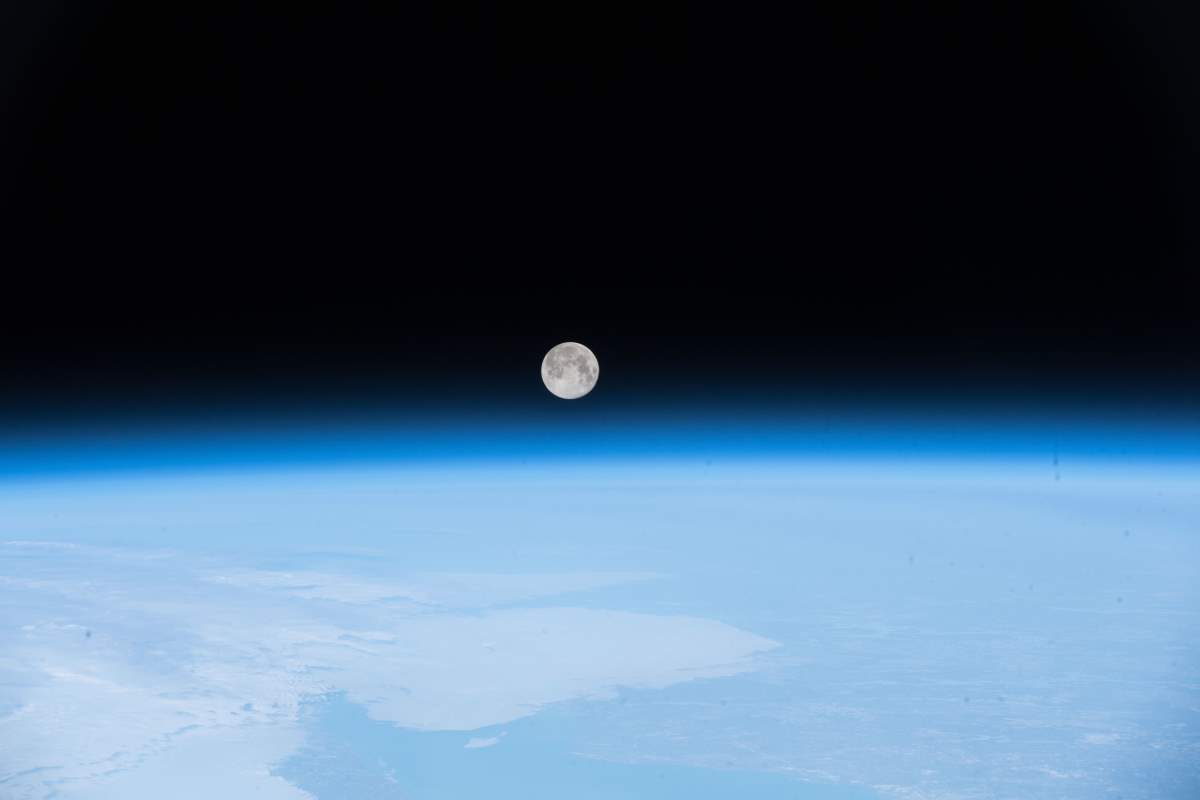
Here are the top ten most beautiful Earth photos taken by the astronauts aboard the International Space Station (ISS) in 2018. Which one is your favorite? Or if your favorite image was not listed here, please leave a comment below. To see all images taken from the International Space Station and published by NASA, visit Space Station Images.
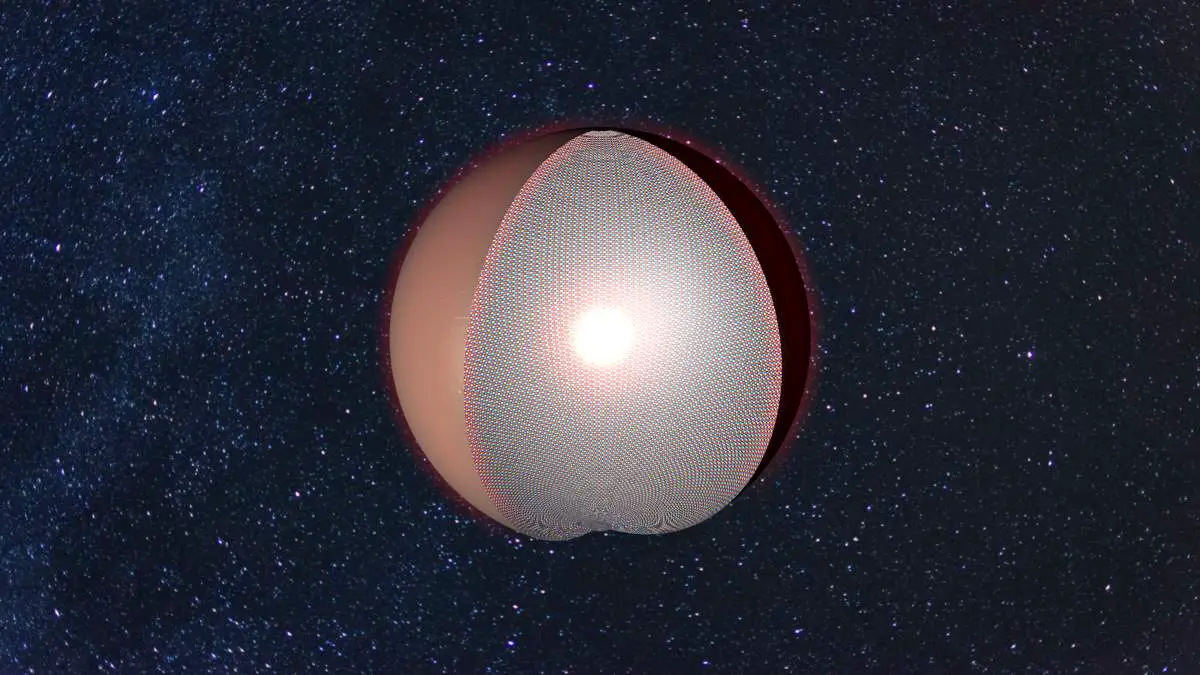
Currently, we’re slowly transitioning to renewables and fusion energy may become available in the future. If we don’t destroy ourselves or the environment, as humanity progresses further, we will likely gain complete control of the Earth’s resources. At that stage, we’ll probably begin to look outwards for new places to expand into. But, if we want to expand into outer space someday, our planet’s resources are not enough (see the Kardashev scale below). We’d need incredible amounts of energy, even to expand into our solar system. Luckily, we know where to find it: the Sun. To harvest energy from the Sun, we can build a megastructure called the “Dyson Sphere” around it and capture a large percentage of its power output.
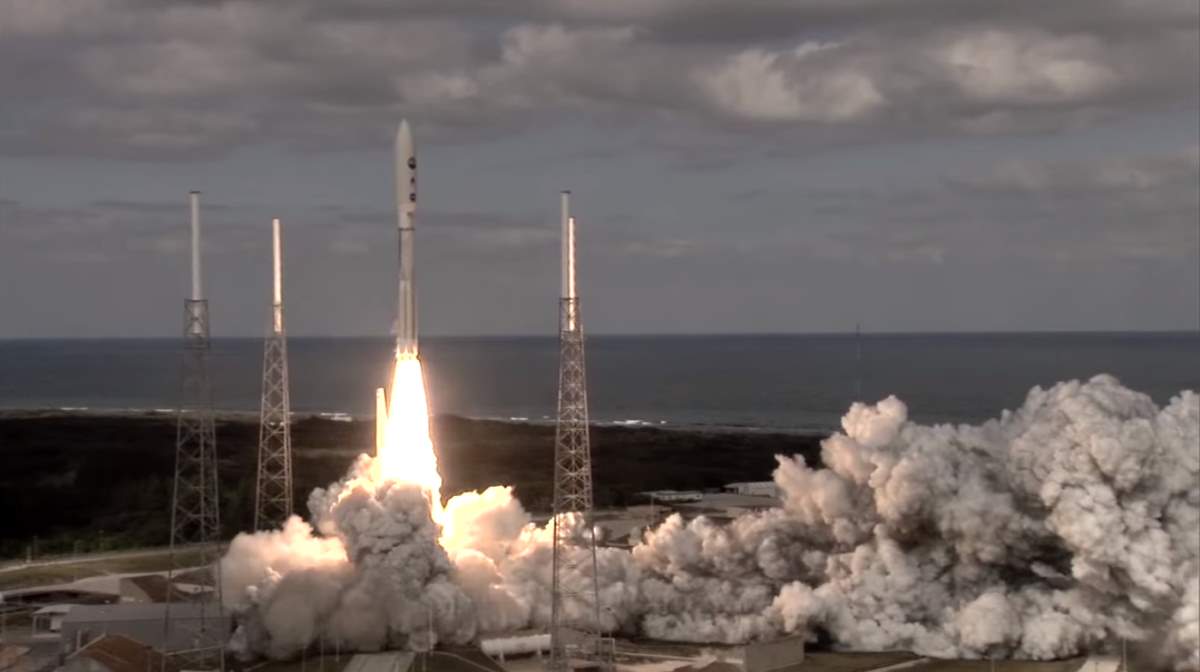
Have you ever wondered why NASA chose Cape Canaveral to launch rockets? NASA’s most important rocket launches including the Mercury program, Project Gemini, the Moon Missions, and Space Shuttle lifted off from the Kennedy Space Center in Cape Canaveral, Florida.
In fact, at the first look, Florida doesn’t look like a convenient place for rocket launches: the southeasternmost state gets hit by lightning more than anywhere in the United States. And getting hit by lightning is a very bad thing during a rocket launch (see notes 1). What’s more, monster hurricanes frequently hit Florida (almost every year).
So, why NASA chose Cape Canaveral?
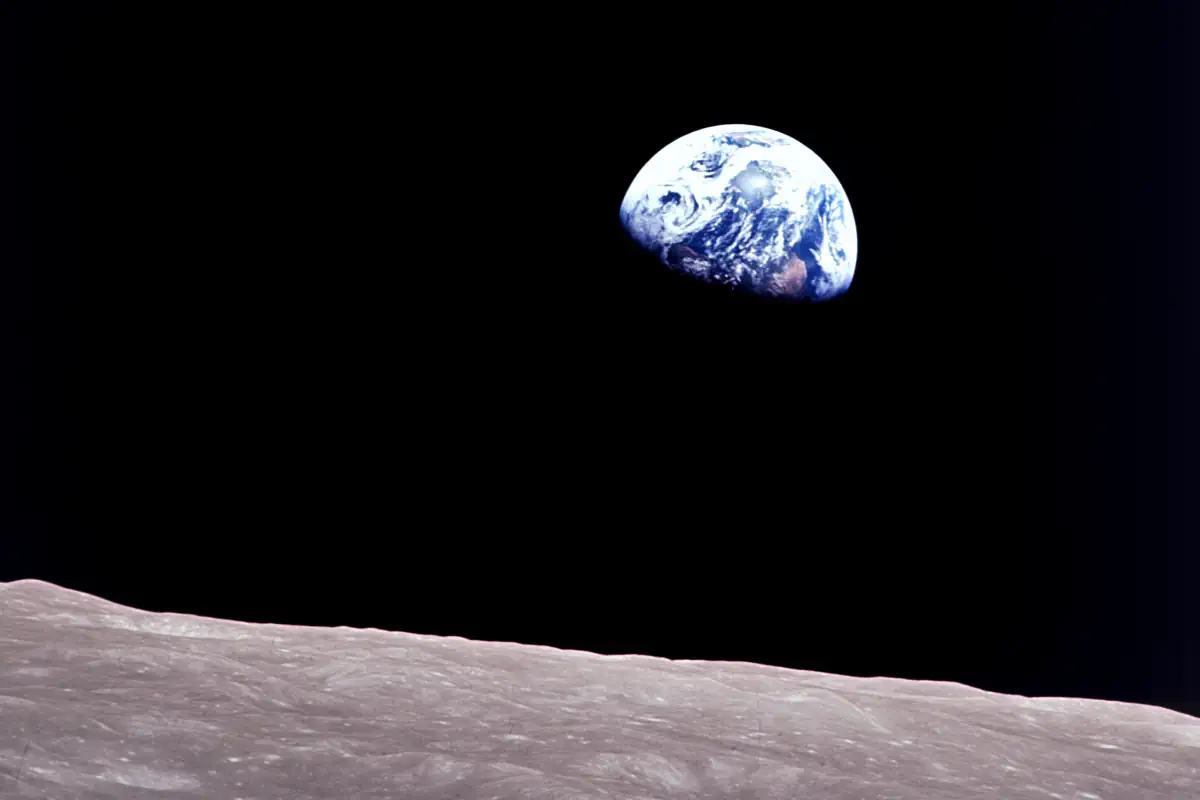
On December 21, 1968, Apollo 8, the second crewed spaceflight mission in NASA’s Apollo program was launched and became the first crewed spacecraft to leave low Earth orbit, reach the Moon, orbit it, and safely return. It was also the first crewed launch of the Saturn V rocket.
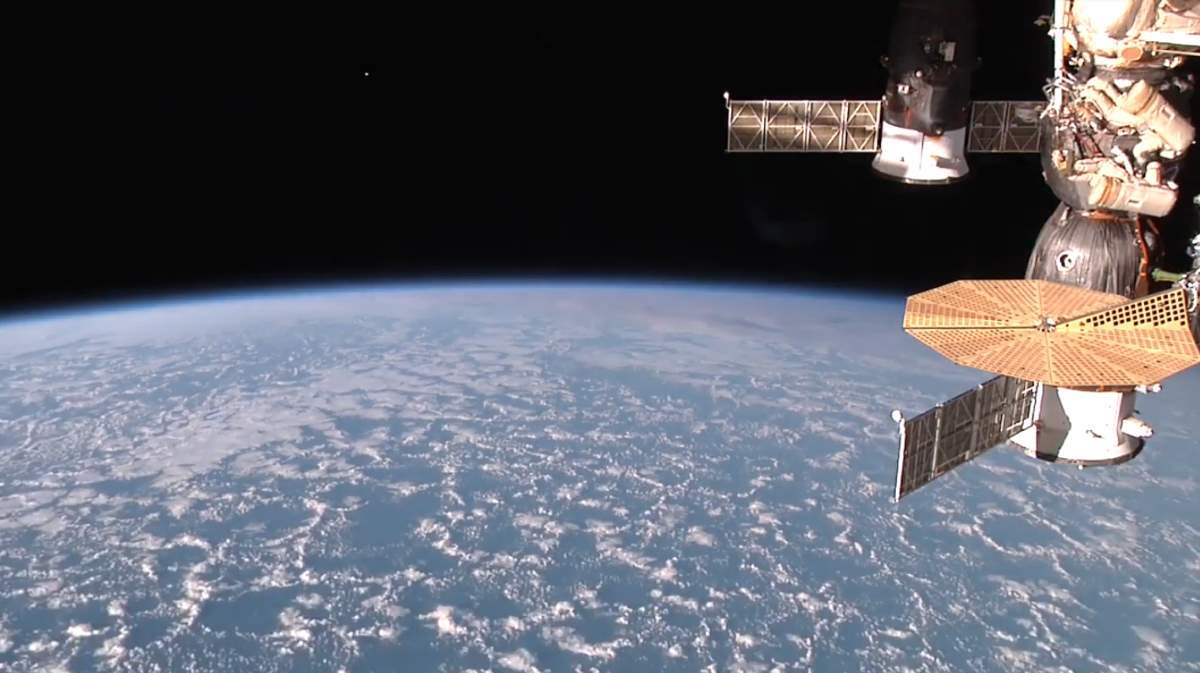
The European Space Agency has published an amazing sped-up time-lapse video of the Roscosmos cosmonauts Oleg Kononenko and Sergey Prokopyev during their spacewalk as they floated over the Atlantic Ocean. The video was taken from the European Columbus laboratory.
The two cosmonauts look like working honeybees in the upper-right corner in this sped-up video.